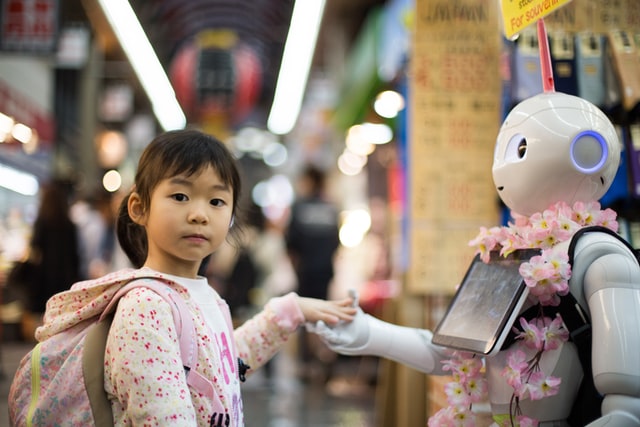Is Online Collaboration Better for STEM Students?
By Devin Partida
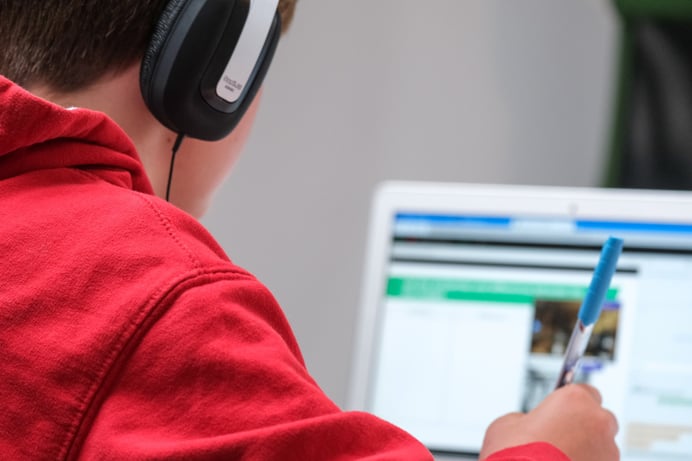
The pandemic forced many students to switch to online courses. While virtual learning was a useful stopgap measure in the absence of in-person classes, certain topics proved very difficult to teach remotely, especially hands-on STEM subjects. For physical science, technology and engineering courses, in-person classes work best, but there’s still a place for online learning.
- 0 Comments
- May 15, 2023 3:49:49 PM
- Posted by Maria Alejandra Calcetero
- Topics: Robotics, EdTech, STEM, Education, code, 21st Century Classroom, Special Education, Artificial Intelligence, data literacy, Coding, Robots,, students, programming, Technology, VR, Realidad Virtual, STEMchat, Edchat, AI, k12, Virtual Reality, virtual learning, classroom, Inteligencia Artificial, Literacy, STEM literacy
Here is the STEM grants list for 2023!
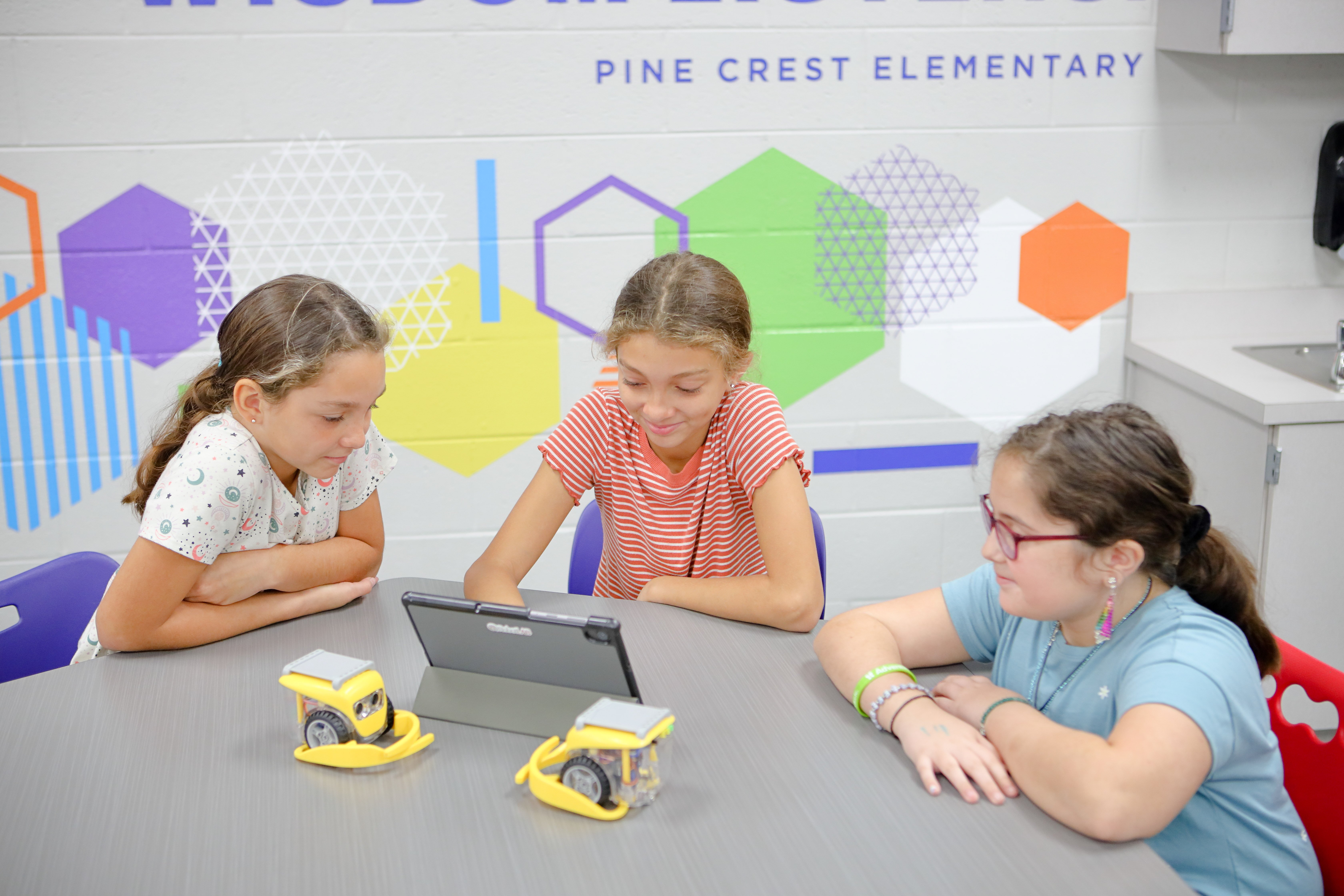
At RobotLAB, we believe that every student deserves access to the latest technologies and learning tools to prepare them for the future.
As part of our commitment to supporting STEM education, we've compiled a list of existing and new grants that schools can apply for to invest in robotics technology and support their educational programs.
We understand that finding the right funding can be a challenge for schools, which is why we've done the research and put together a comprehensive list of STEM opportunities and resources to help you navigate the offerings available.
- 0 Comments
- May 11, 2023 3:27:21 PM
- Posted by Maria Alejandra Calcetero
- Topics: Robotics, EdTech, STEM, Education, code, 21st Century Classroom, Special Education, Artificial Intelligence, data literacy, Coding, Robots,, students, programming, Technology, VR, Realidad Virtual, STEMchat, Edchat, AI, k12, Virtual Reality, virtual learning, classroom, Inteligencia Artificial, Literacy, STEM literacy
Emphasizing the Importance of STEM to Students
By Devin Partida
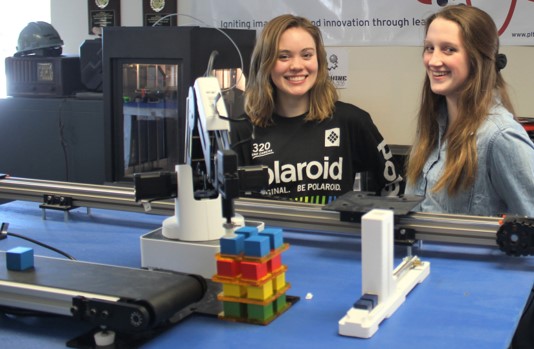
Science, technology, engineering and math (STEM) make the world go round. It drives everything from medicine to spaceflight, enriching everyone’s lives and securing the future. If your students need further proof of STEM’s importance, here are several reasons it’s so valuable.
- 0 Comments
- Apr 12, 2023 6:41:41 PM
- Posted by Maria Alejandra Calcetero
- Topics: Robotics, EdTech, STEM, Education, code, 21st Century Classroom, Special Education, Artificial Intelligence, data literacy, Coding, Robots,, students, programming, Technology, VR, Realidad Virtual, STEMchat, Edchat, AI, k12, Virtual Reality, virtual learning, classroom, Inteligencia Artificial, Literacy, STEM literacy
The Future of Medical Education Relies on AI & Robotics
By Devin Partida
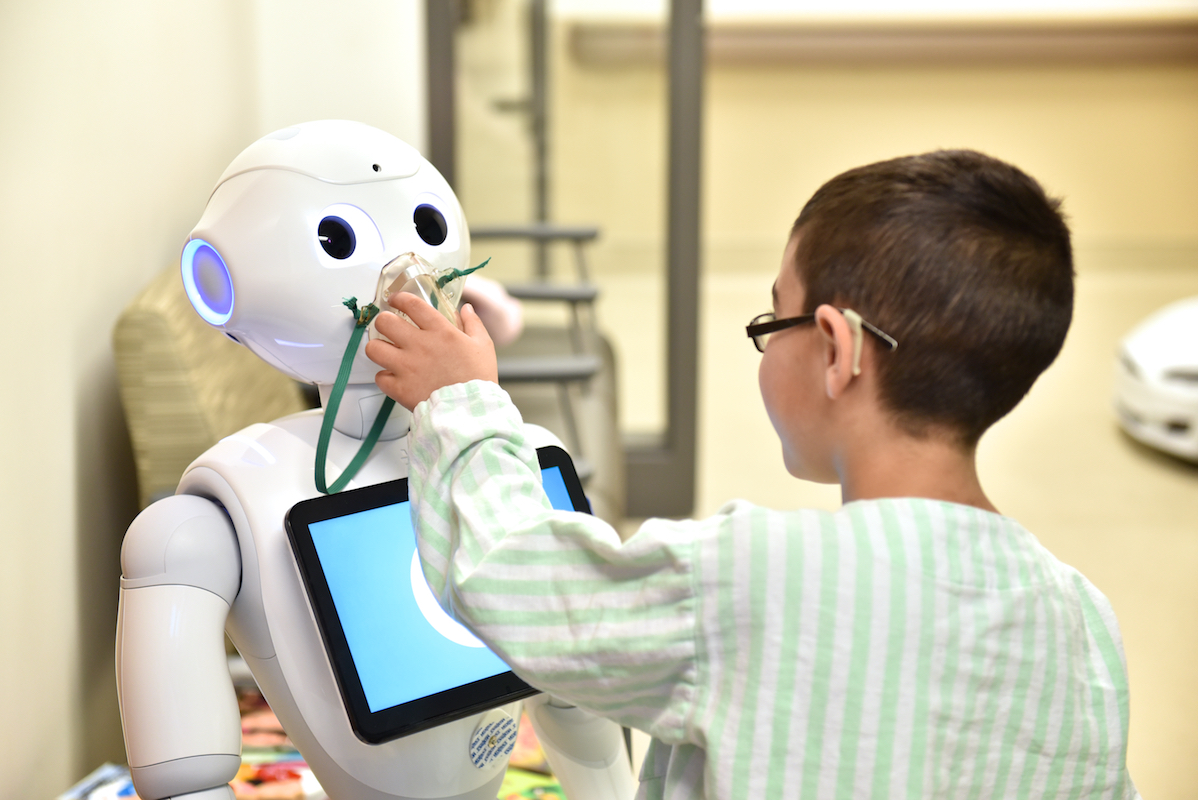
Medical education is not something obtained easily or quickly. Traditional medical education requires a four-year undergraduate program, a four-year graduate program in medical school, and a residency that can take anywhere from three to seven years, not to mention the tests necessary to practice medicine in the state they live in. Everything from basic treatments to delicate surgeries requires practice.
While some of these procedures can be practiced on cadavers or dummies, the best education comes from hands-on experience. However, these experiences aren’t always available. How can we ensure the next generation of medical professionals has the training and education to care for future patients? What role will artificial intelligence (AI) and robotics play in the future of medical education?
- 0 Comments
- May 20, 2022 10:30:00 AM
- Posted by Elad Inbar
- Topics: EdTech, STEM, Awards, Expeditions, VR, Realidad Virtual, Google Expeditions, Virtual Reality, virtual learning, Expeditions 2.0
5 Innovative Skills Children Get With Robotics
By Nancy Howard
Robotics is already used by schools all around the world. Machines such as RobotLAB’s Pepper Robot are the primary examples of what robotics ideally looks like in practice and how it can be applied in different activities.
Indeed, children find robots interesting and programming them entertaining. Robot kits like Lego Mindstorms have become popular precisely for those reasons. But why exactly should children be taught robotics? Here are the five innovative skills children can get with robotics.
- 0 Comments
- Apr 15, 2022 1:03:13 PM
- Posted by Elad Inbar
- Topics: EdTech, STEM, Awards, Expeditions, VR, Realidad Virtual, Google Expeditions, Virtual Reality, virtual learning, Expeditions 2.0
VR Expeditions 2.0 is The 2022 Cool Tool Winner by The EdTech Awards Under the AR/VR Solution Category!
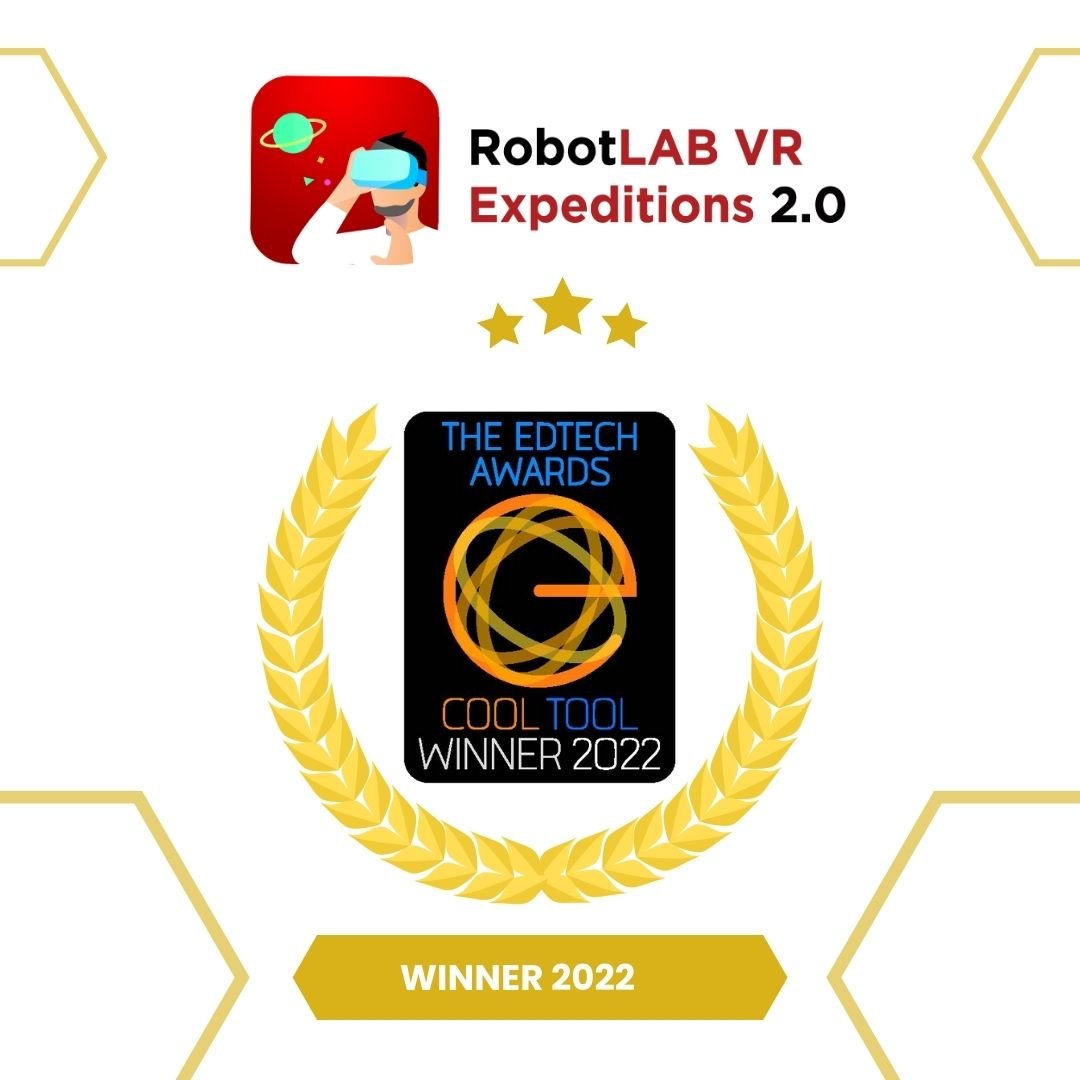
.png?width=1380&name=image%20(9).png)
RobotLAB is so excited to announce that the VR Expeditions 2.0 app is the Cool Tool 2022 winner by the EdTech Awards under the AR/VR solution category!
RobotLAB VR Expeditions 2.0™ is inspired by the great work Google did, and following feedback from thousands of educators, RobotLAB created a VR tool tailored to educators’ needs.
- 1 Comments
- Mar 31, 2022 1:33:09 PM
- Posted by Elad Inbar
- Topics: EdTech, STEM, Awards, Expeditions, VR, Realidad Virtual, Google Expeditions, Virtual Reality, virtual learning, Expeditions 2.0
Integrating Robotics into Health Sciences Courses
By Dan Matthews
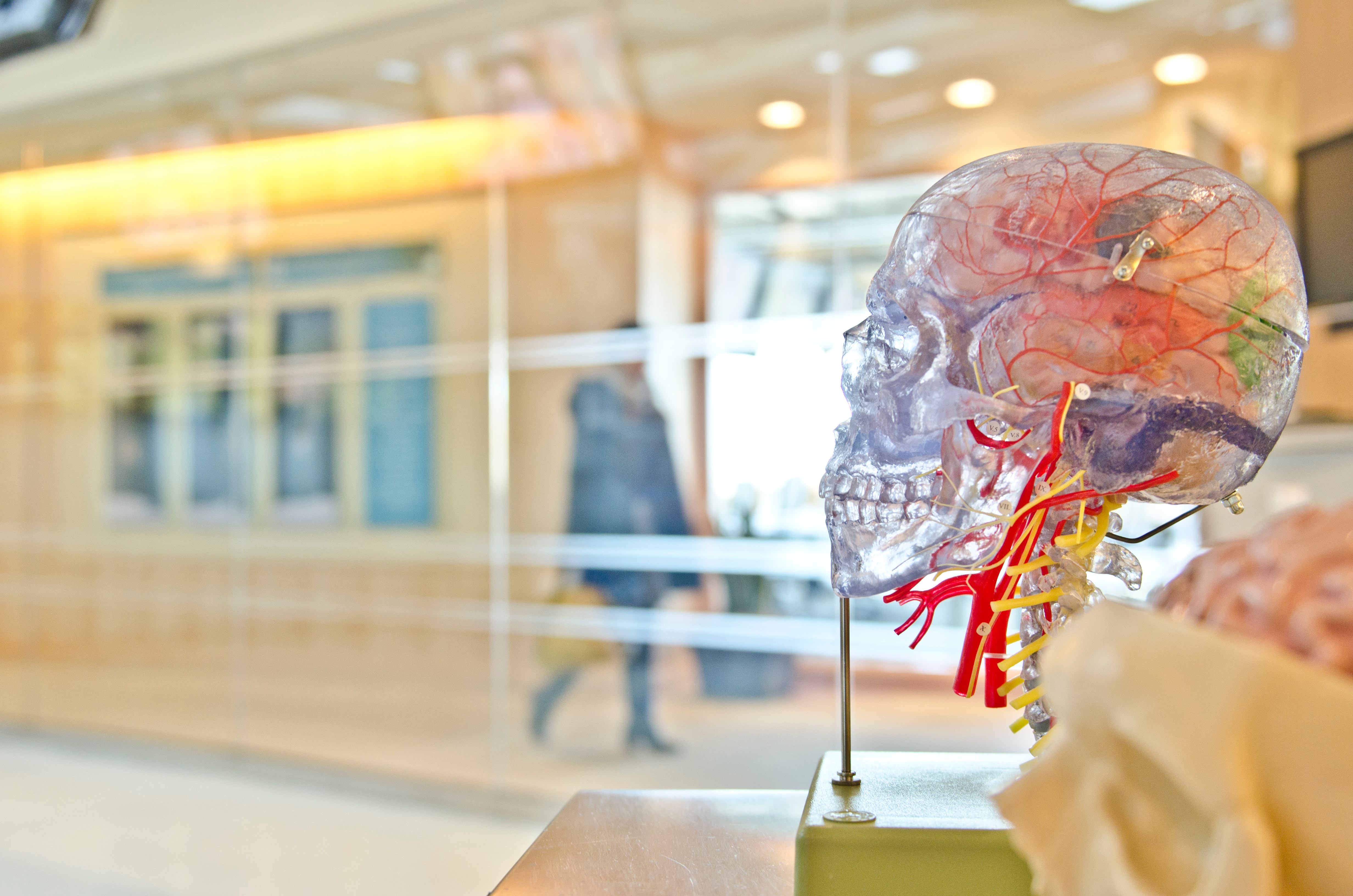 Image Source: www.unsplash.com
Image Source: www.unsplash.com
The marriage between health science and technology has been a long and happy one. However, that union has perhaps never been more important than it is today. Now, more than ever, state-of-the-art technologies, from bioengineering to artificial intelligence (AI), are playing a leading role in optimizing patient care, supporting healthcare providers, and expanding the scope of medical knowledge.
Among the most significant and promising of these technologies in the domain of health, sciences are robotics.
These technologies are not only increasingly being used in clinics, hospitals, and operating rooms, but also in health sciences classrooms at every level, including primary, secondary, and post-secondary education. This article explores the reasons why you should begin integrating robotics into your health sciences courses and identifies key strategies for doing so.
- 0 Comments
- Mar 14, 2022 10:00:00 AM
- Posted by Maria Alejandra Calcetero
- Topics: Robotics, EdTech, STEM, Education, code, 21st Century Classroom, Special Education, Artificial Intelligence, data literacy, Coding, Robots,, students, programming, Technology, VR, Realidad Virtual, STEMchat, Edchat, AI, k12, Virtual Reality, virtual learning, classroom, Inteligencia Artificial, Literacy, STEM literacy
Why Tech in Education Must Become More Accessible
By Dan Matthews
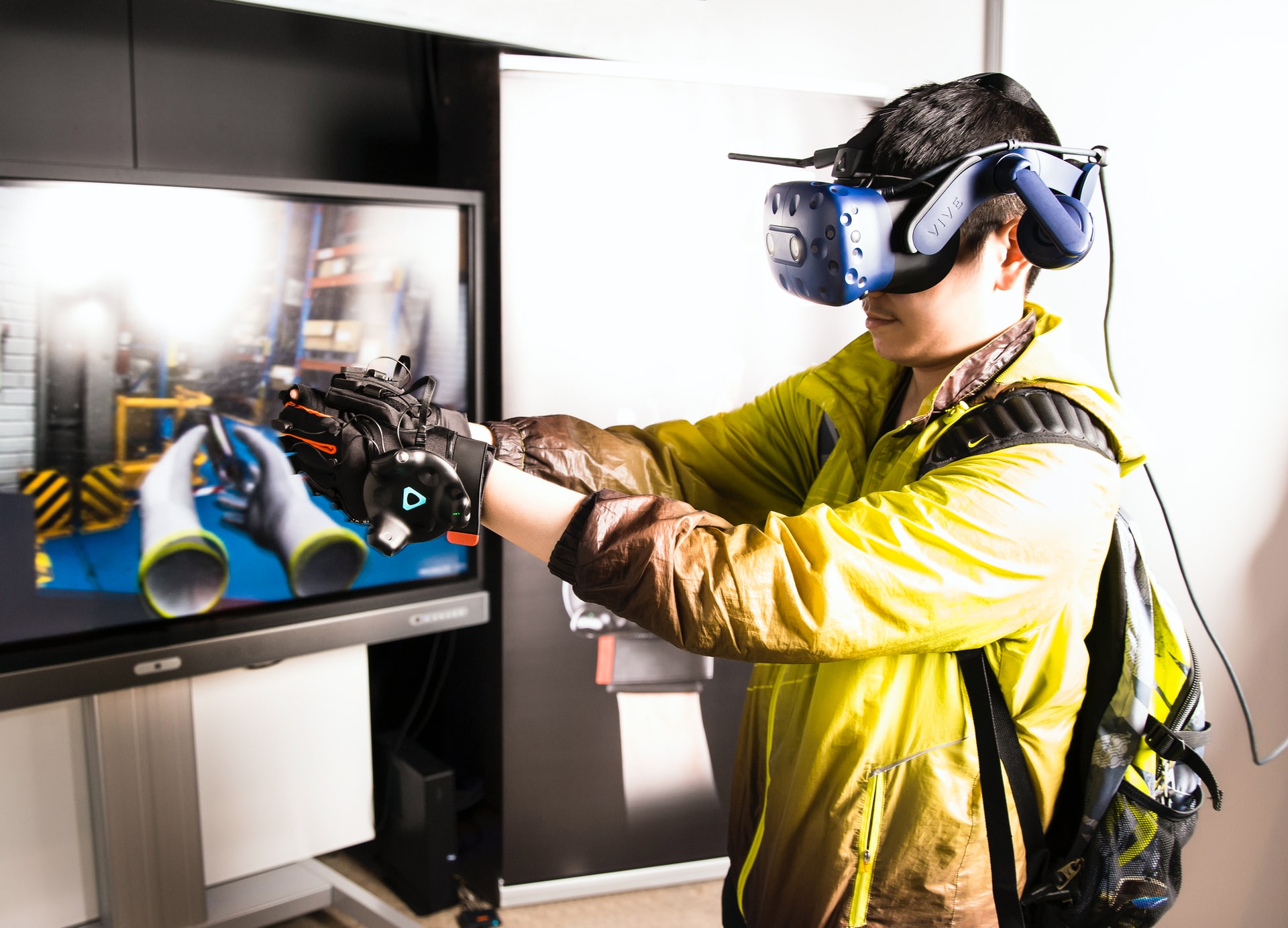
All children deserve the right to be set up for success, and one of the ways children are prepared to do their best in school is based on their access to technology. Technology is a great equalizer for all children, and all children can become better learners through the use of technology — especially children with disabilities. Despite this benefit of technology in the classroom, however, not all technology is accessible to all children. How can parents and educators ensure all students, no matter their ability, receive the best education they can?
- 0 Comments
- Feb 24, 2022 10:00:00 AM
- Posted by Maria Alejandra Calcetero
- Topics: Robotics, EdTech, STEM, Education, code, 21st Century Classroom, Special Education, Artificial Intelligence, data literacy, Coding, Robots,, students, programming, Technology, VR, Realidad Virtual, STEMchat, Edchat, AI, k12, Virtual Reality, virtual learning, classroom, Inteligencia Artificial, Literacy, STEM literacy
Fostering Healthy Coping Skills in STEM Education
By Dan Matthews
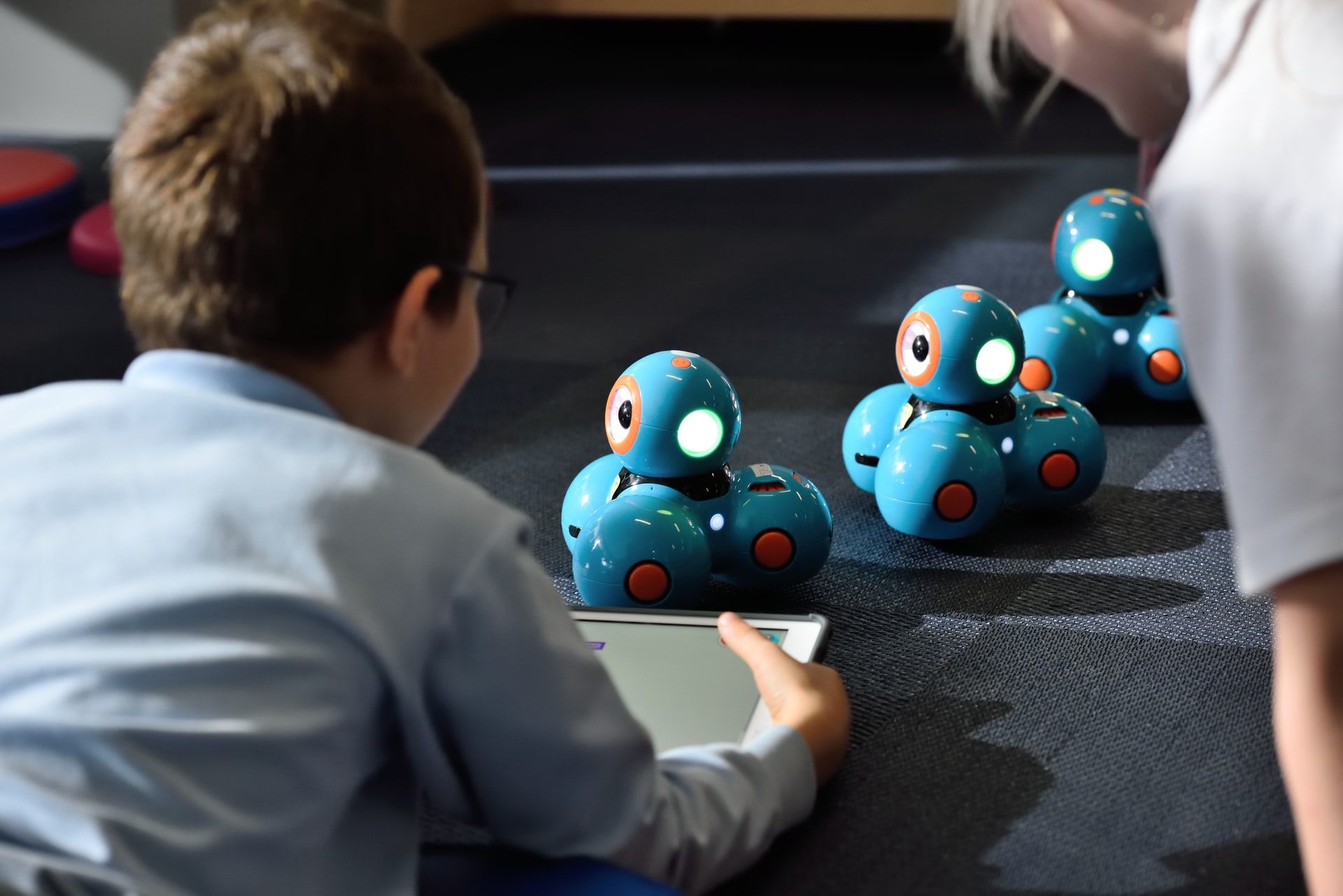
Solid STEM education is perhaps one of the best gifts parents and teachers can give students, equipping them today with the tools they will need to fill some of the most lucrative and in-demand jobs of tomorrow. But although STEM learning has so much to offer, many children, teens, and college students often avoid science and technology curricula due to the inherent rigor of such programs.
- 0 Comments
- Feb 16, 2022 10:00:00 AM
- Posted by Maria Alejandra Calcetero
- Topics: Robotics, EdTech, STEM, Education, code, 21st Century Classroom, Special Education, Artificial Intelligence, data literacy, Coding, Robots,, students, programming, Technology, VR, Realidad Virtual, STEMchat, Edchat, AI, k12, Virtual Reality, virtual learning, classroom, Inteligencia Artificial, Literacy, STEM literacy
The Necessity of Robotics Classes for Schools
By Dora Miller.
Robots are exciting to play tools for children and young adults. What if students learned how to make robots? Would robotics make it easy to handle STEM? Would the robots make other concepts easier to understand?
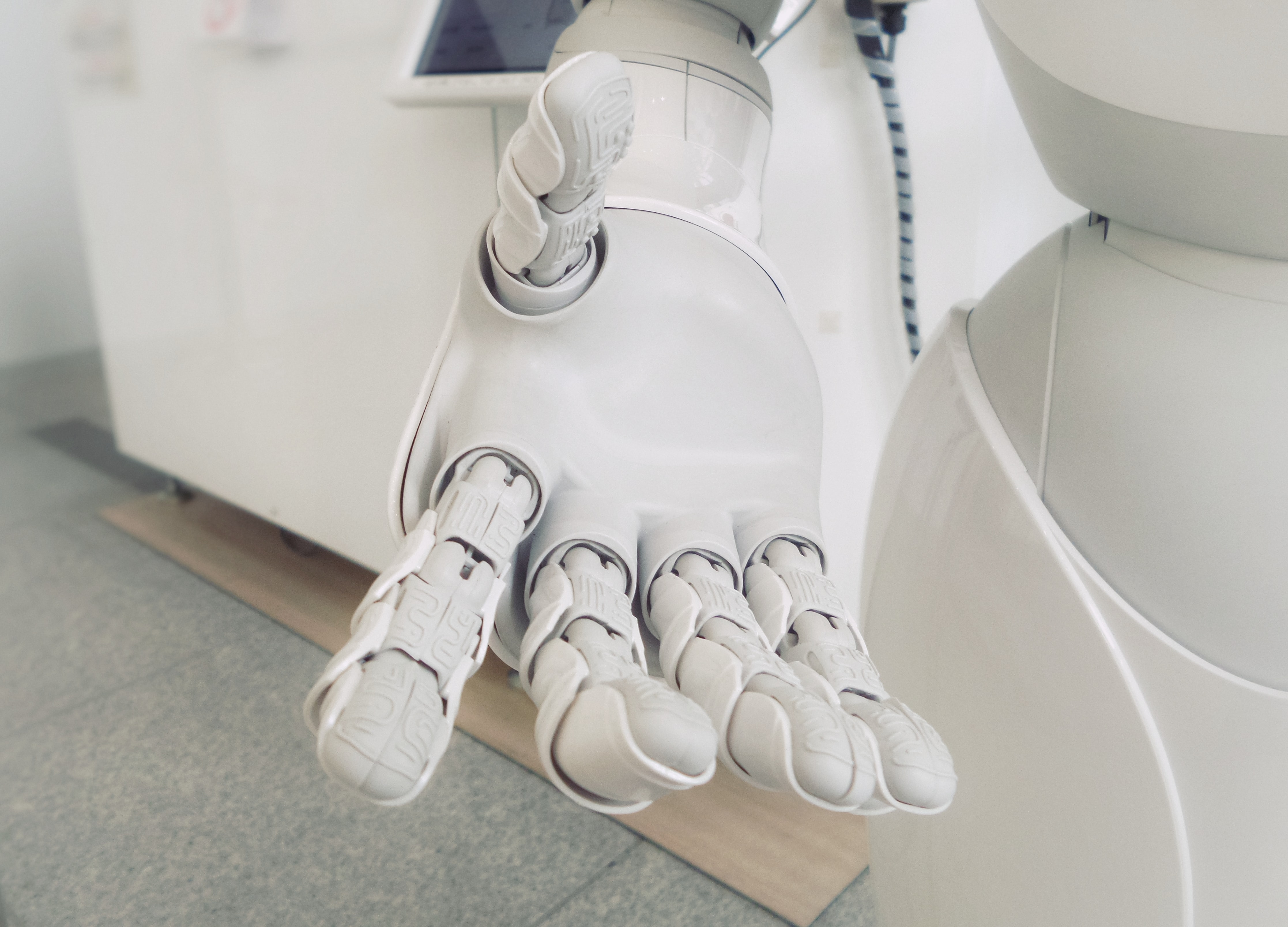
- 0 Comments
- Feb 9, 2022 10:00:00 AM
- Posted by Maria Alejandra Calcetero
- Topics: Robotics, EdTech, STEM, Education, code, 21st Century Classroom, Special Education, Artificial Intelligence, data literacy, Coding, Robots,, students, programming, Technology, VR, Realidad Virtual, STEMchat, Edchat, AI, k12, Virtual Reality, virtual learning, classroom, Inteligencia Artificial, Literacy, STEM literacy
Relevant Posts
Popular Posts
Subscribe to Email Updates
-
I Want To Learn MoreADDITIONAL INFORMATION


